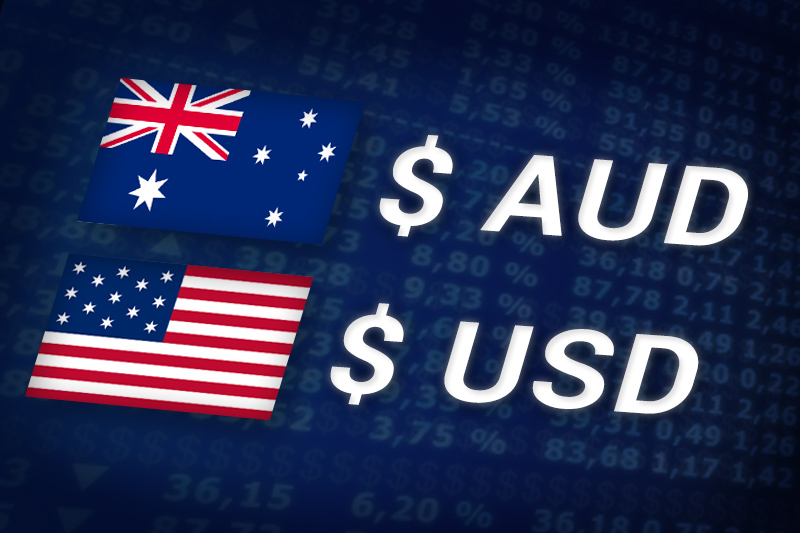Investing.com – The Australian dollar erased gains against its U.S. counterpart on Monday, as mounting concerns over the global economic outlook weighed on demand for growth-linked currencies.
AUD/USD pulled back from 1.0440 during late Asian trade, a daily high; the pair subsequently consolidated at 1.0395, down 0.08% on the day.
The pair was likely to find short-term support at 1.0314, Friday’s low and resistance at 1.0557, the high of August 18.
Concerns over the outlook for global economic growth as well as persistent worries about euro zone sovereign debt issues continued to weigh on risk appetite and bolstered demand for safe-haven assets.
German Chancellor Angela Merkel said in an interview over the weekend that the introduction of euro bonds was “not the answer” to solve the region’s debt crisis.
Meanwhile, German Finance Minister Wolfgang Schaeuble said in a radio interview that the euro remained a stable currency, adding that markets still had confidence in the single currency.
Elsewhere, the Aussie was higher against the yen, with AUD/JPY easing up 0.05% to hit 79.68.
The ongoing strength of the yen prompted Japanese Finance Minister Yoshihiko Noda to sharpen his verbal warning to markets, saying he will “watch markets even more closely than before to see whether there is any speculative activity.”
Noda added that Japanese authorities “won't rule out any measures and will take decisive action when necessary”, fuelling speculation the country was close to intervening to curb the yen’s gains.
AUD/USD pulled back from 1.0440 during late Asian trade, a daily high; the pair subsequently consolidated at 1.0395, down 0.08% on the day.
The pair was likely to find short-term support at 1.0314, Friday’s low and resistance at 1.0557, the high of August 18.
Concerns over the outlook for global economic growth as well as persistent worries about euro zone sovereign debt issues continued to weigh on risk appetite and bolstered demand for safe-haven assets.
German Chancellor Angela Merkel said in an interview over the weekend that the introduction of euro bonds was “not the answer” to solve the region’s debt crisis.
Meanwhile, German Finance Minister Wolfgang Schaeuble said in a radio interview that the euro remained a stable currency, adding that markets still had confidence in the single currency.
Elsewhere, the Aussie was higher against the yen, with AUD/JPY easing up 0.05% to hit 79.68.
The ongoing strength of the yen prompted Japanese Finance Minister Yoshihiko Noda to sharpen his verbal warning to markets, saying he will “watch markets even more closely than before to see whether there is any speculative activity.”
Noda added that Japanese authorities “won't rule out any measures and will take decisive action when necessary”, fuelling speculation the country was close to intervening to curb the yen’s gains.
